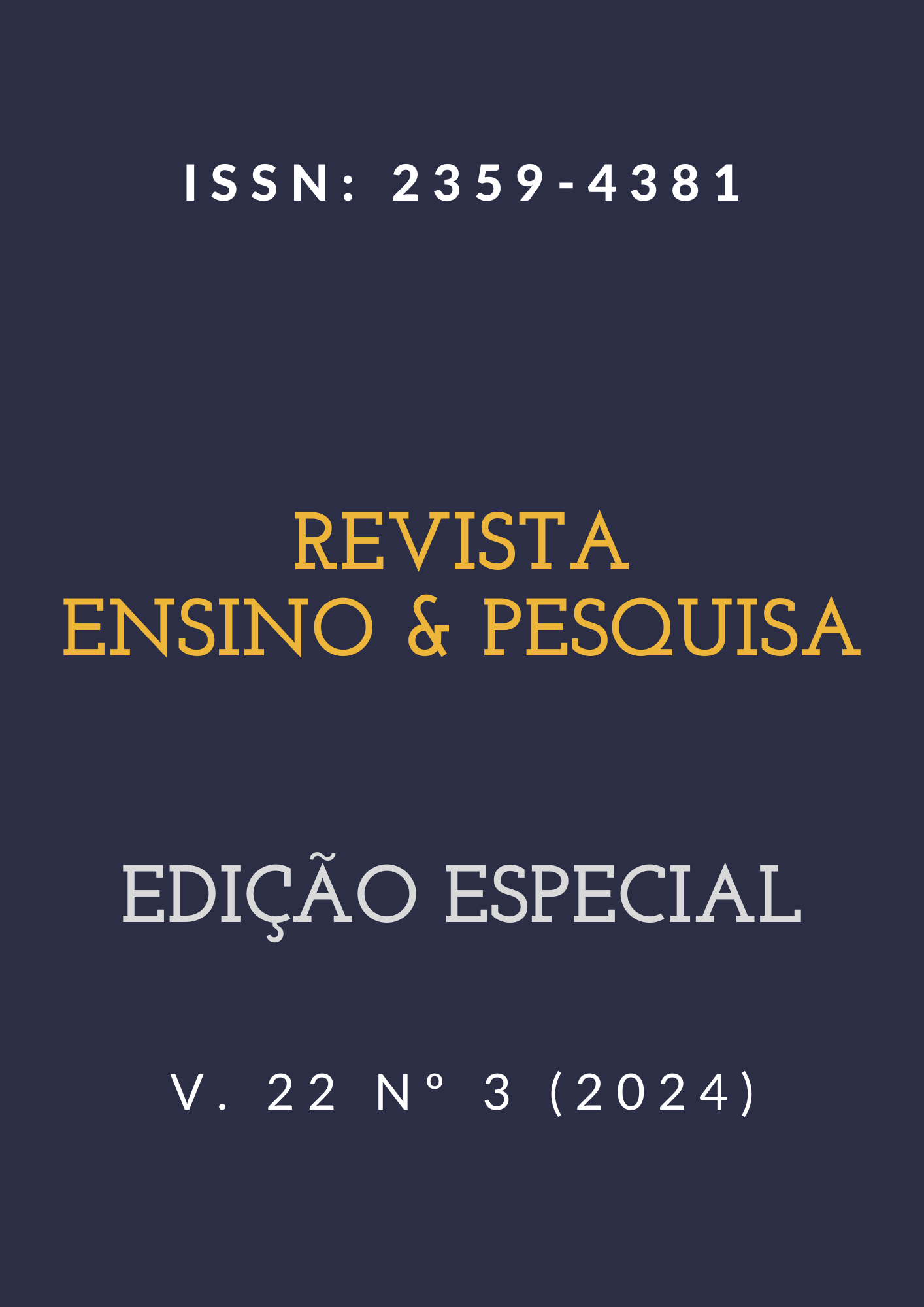Simulation-mediated immersive experiments: an innovative device in the training of nursing teachers and preceptors
DOI:
https://doi.org/10.33871/23594381.2024.22.3.9856Abstract
This article aims to analyze the contributions of immersive experiments mediated by simulation in the continuing education of nursing educators, in light of the Science of Mind, Brain and Education (SMBE). This framework is based on the triad of neuroscience, psychology and education, aiming to maximize learning through best educational practices. Through an approach guided by the proposal of training as experimentation, in which experiences and memories are updated in response to the reality of learning and experiences, a qualitative, descriptive and exploratory research was developed in a simulation center of a federal public university hospital in the Central-West region of Brazil, involving 18 participants, including nursing professors and preceptors. The methodology allowed educators not only to experience simulation scenarios, but also to actively participate in their construction through immersive experiments, in a continuing education process that could be described as teaching simulation through simulation itself. The thematic categorical analysis of the research, carried out based on the debriefing dialogues, resulted in three thematic categories that revealed the innovative potential of the experiments in creating engaging environments, stimulating critical reflection, active learning, and knowledge sharing. The results revealed that these experiments favor dynamic and interactive learning environments that stimulate decision-making, problem-solving and the adaptation of pedagogical practices. The experiments stand out as an innovative approach necessary to face contemporary challenges in health education, promoting reflective, collaborative and critical training, essential for the qualification of educators and the development of future health professionals.

